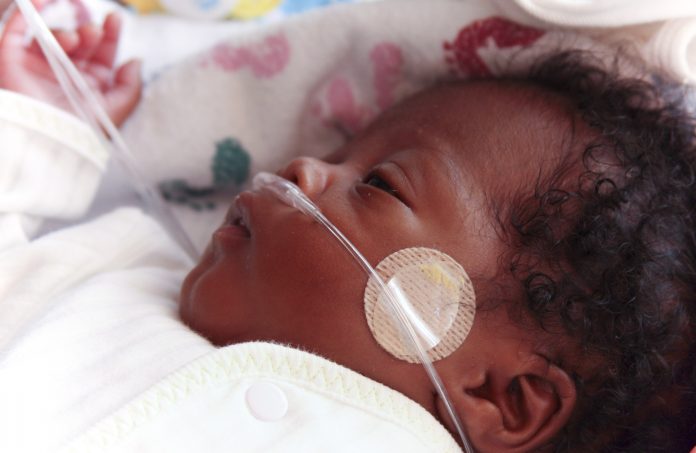The study, published in The Lancet Digital Health, found that deep learning tech had an average accuracy of 88% when it came to diagnosing genetic syndromes
Sometimes, disease patterns are not obvious to human eyes. In these situations, machines can step in to diagnose things that human healthcare professionals do not have the time or energy to do.
AI that can read faces still bring with them a multitude of issues, whether they are related to racism or privacy. But in healthcare, AI are perceived and utilised in the pursuit of public health. During the pre-vaccine stages of COVID, machine learning helped to isolate drugs and combinations that would help severe patients to survive – calculating and matching properties at a pace that no human doctor had time for, as waves upon waves of patients filled hospitals across the globe.
The deep learning technology created by Children’s National Hospital researchers used the data of 2,800 patients from 28 countries. The technology also considers the face variability related to sex, age, racial and ethnic background, which led to an overall genetic syndrome diagnosis accuracy of 88%.
Can the tech diagnose children of different races?
The simple answer is yes.
The team used visual data from Argentina, Australia, Brazil, China, France, Morocco, Nigeria, Paraguay, Thailand and the US – meaning that the software would now theoretically be able to navigate the normal variations in features, across different racial and ethnic groups.
Marius George Linguraru, principal investigator in the Sheikh Zayed Institute for Pediatric Surgical Innovation at Children’s National Hospital and senior author of the study, said: “Facial appearance is influenced by the race and ethnicity of the patients.
“The large variety of conditions and the diversity of populations are impacting the early identification of these conditions due to the lack of data that can serve as a point of reference.
“Racial and ethnic disparities still exist in genetic syndrome survival even in some of the most common and best-studied conditions.”
This tech can help “children without access to specialised clinics”
Children with genetic syndromes mostly live in regions with limited and scarce health resources, leading to a lack of care. If these children could be diagnosed without the need for specialists, things could be really different. Their quality of life could significantly improve with the right diagnosis.
“We built a software device to increase access to care and a machine learning technology to identify the disease patterns not immediately obvious to the human eye or intuition, and to help physicians non-specialized in genetics,” said Dr Linguraru.
Ultimately, it can help reduce health inequality in under-resourced societies.”
“This technological innovation can help children without access to specialized clinics, which are unavailable in most of the world. Ultimately, it can help reduce health inequality in under-resourced societies.”











